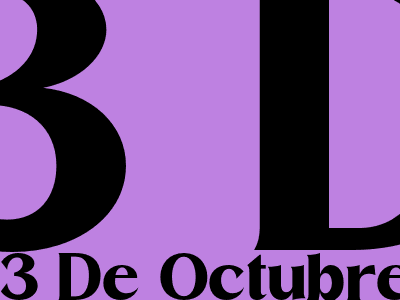
3 De Octubre: An In-Depth Exploration of the Tragic Events
A Story of Tragedy and Remembrance
3 De Octubre, known as the Tlatelolco Massacre, is a profound and somber event etched into the history of Mexico. On the evening of October 2, 1968, a peaceful student demonstration in the Plaza de las Tres Culturas in the Tlatelolco district of Mexico City was brutally suppressed by the Mexican government, resulting in the deaths of an estimated 300 to 500 unarmed civilians.
Antecedents and Causes
The Political Climate
In the 1960s, Mexico was undergoing a period of social and political unrest. The ruling Institutional Revolutionary Party (PRI) had held an iron grip on power for decades, suppressing dissent and political opposition. The student movement emerged as a voice of discontent, calling for democratic reforms and an end to authoritarian rule.
The Olympic Games
The 1968 Summer Olympics were scheduled to take place in Mexico City, providing an international stage for the country to showcase its progress. However, the student protests and the government's heavy-handed response threatened to overshadow the event.
The Tragedy
The Massacre
On October 2, 1968, a peaceful student rally in the Plaza de las Tres Culturas was violently dispersed by government troops and paramilitary forces. Witnesses described indiscriminate shooting and the use of armored vehicles to crush demonstrators.
Official Narrative vs. Eyewitness Accounts
The official government narrative claimed that the students had provoked violence, but eyewitness accounts and photographs contradicted this version of events, revealing a brutal and unprovoked attack.
Aftermath and Legacy
Political Impact
The Tlatelolco Massacre had a profound impact on Mexican politics. It shattered the illusion of a peaceful and progressive Mexico and led to widespread disillusionment with the PRI government.
Social Impact
The massacre left a deep scar on Mexican society. The victims were predominantly young people, many of whom were students from prestigious universities. Their deaths sparked a wave of protests and a demand for justice.
International Condemnation
The international community condemned the Mexican government's actions, with protests and diplomatic pressure forcing Mexico to acknowledge the brutality of the massacre.
Justice and Reconciliation
Attempts at Accountability
In the years following the massacre, there were several attempts to hold the government accountable. However, impunity prevailed, with few officials ever being held responsible.
Historical Memory and Memorialization
The site of the massacre is now a memorial park, and the events of 3 De Octubre are commemorated annually to honor the victims and demand justice.